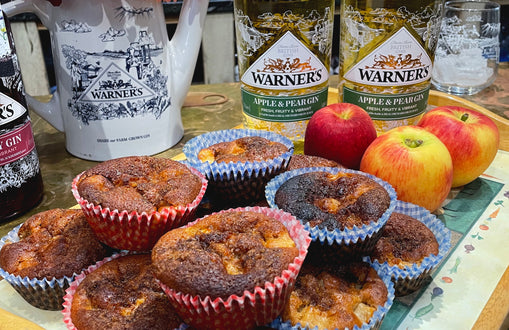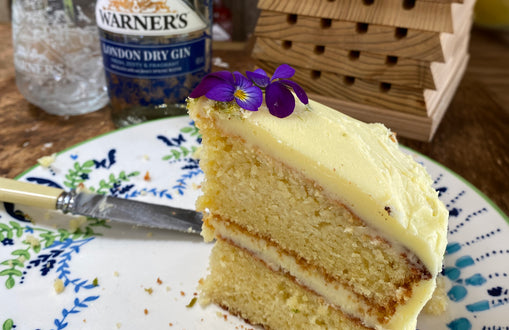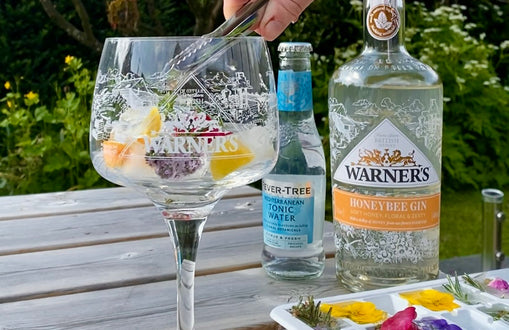A brief history of Gin in London:
A brief history of Gin in London:
London's relationship with Gin can be traced all the way back to 1688 when William of Orange (a Dutch Monarch) made himself comfy on the English Throne. Although he'd come from the country widely recognised as the creators of Genever (the fore-runner to Gin) there are no records to suggest he was a fan of the juniper based spirit himself, but he did bring with him a desire to crush the French economy. To achieve this, he had a rather cunning plan. At the time, England was importing huge amounts of wine and brandy from France, giving the French economy a huge boost. Williams plan was a simple one; impose heavy taxes on the import of wine and brandy and make it really easy to distill spirits from English grain, kick-starting the British economy. What could possibly go wrong? To cut a long story short (and to pave the way for a future post), the spirit that was being produced was Gin, really bad quality gin, and the people in the slums of London became addicted to it. Things got pretty ropey for a while and the period became known as the ‘Gin Craze'. I'll save the gory stories for another time but there were murders, prostitution was rife, crime went through the roof and the death rate outstripped the birth rate (the population of London was actually shrinking). The government initially tried to cash in on the craze but soon realised they'd need to intervene so brought in a series of ‘Gin Acts', none of which really worked although they claim that the final Act introduced in 1751 finally brought the craze to an end. In reality however, it was typical British weather leading to a series of poor harvests that brought the craze to an end.
After the Gin Craze, Gin became a much more reputable spirit. The introduction of a new production technique using a continuous still meant that a better quality gin could be produced with a very different profile to the gin of old. It was no longer a rough spirit flavoured with things like ‘Oil of Vitriol, oil and turpentine and lump sugar', it was flavoured with ingredients like coriander seeds, cassia and angelica; It was clear and unsweetened and because most of it was being made in London, it became known as London Dry Gin, a label which is often still used today. The introduction of Dry Gin coincided with the rise of the Gin Palace. Opulently decorated, gas lit drinking establishments that specialised in hard liquor (mainly gin), they were the polar opposite of the public houses of the day. The public house was all about encouraging you to get comfy and stay a while whereas the Gin Palace was all about getting a quick fix of gin and moving on. Although none of the original Gin Palaces remain, the Princess Louise in Holborn is seen as having a pretty good resemblance.
Fast forward to the early 1900's and London is becoming one of the cocktail capitals of the world. When prohibition hit in the US, London quickly found itself as the place to go for cocktails. The American Bar at the Savoy was aimed directly at the Americans looking for a good, cocktail fuelled evening. For London at least, they really were the roaring Twenties and the Gin was well and truly flowing.
Into the Swinging 60's and Gin found itself well and truly out of fashion, replaced by the new kid on the block… Vodka. Vodka made itself very comfortable at the top of the tree until the late 90's when the door was unlocked to the current craft gin movement by a well-known brand that comes in a light blue bottle. Things were helped along by the re-birth of cocktail culture and once again, London would find itself right in the thick of the action. The movement started back in the early 00's and is still gathering pace today. The great news with this is that I find myself living in not only the best cocktail city in the world but also the city with the most varied gin history anywhere on the planet. And where do I go to enjoy gin in this fine city? You'll have to check back for my next post for my recommendations of the best gin bars in London. By Andy Seach, On-Trade Sales Manager




